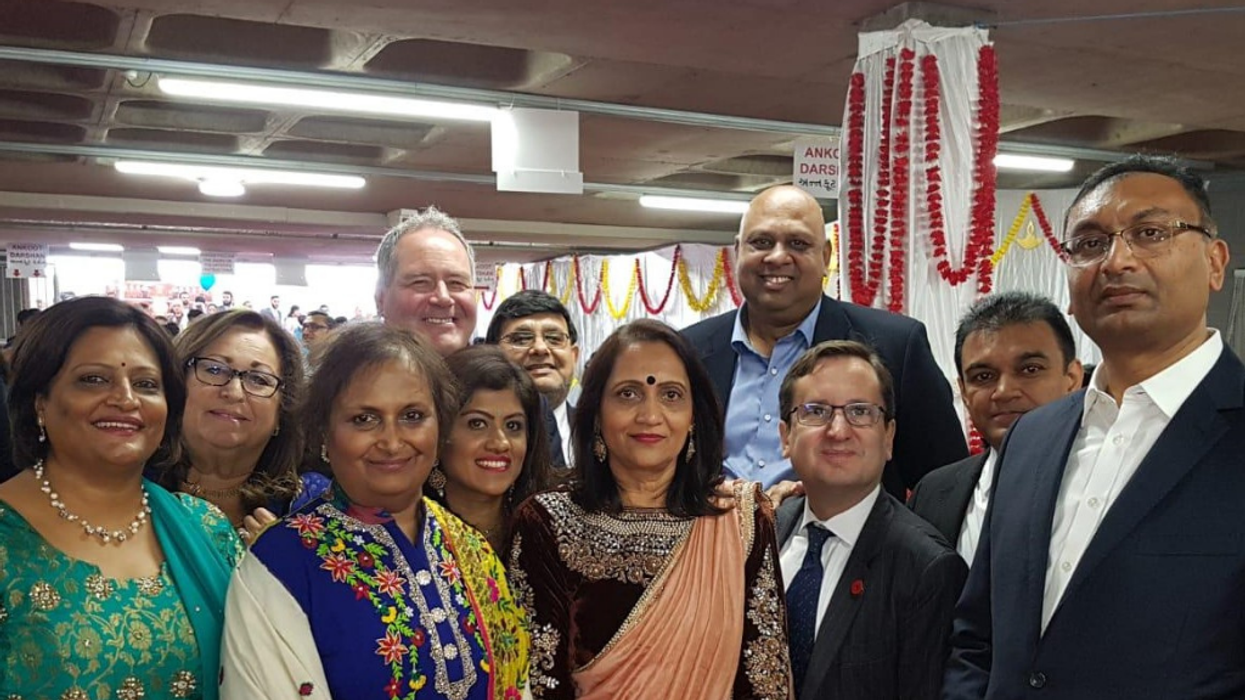TRIBUTES have been paid to a London councillor who has passed away after suffering from cancer.
Kenton West ward councillor Vina Mithani was a prominent member of the Conservative Group. She died last Thursday (7) in London after a prolonged battle with cancer. She was 65 and is survived by her husband Vipin Mithani.
Mithani represented Kenton West ward continuously since 2002.
She was a biomedical scientist by profession and was a school governor of Glebe and Priestmead schools.
Leader of Harrow Council’s Conservative Councillors, Paul Osborn, said, “I will really miss Vina; over the years I have been on over 40 visits to temples all across Harrow and Brent with her and Vipin.
“At Navratri, I remember her trying to explain how to do the Garba, something, despite her best efforts, I am still terrible at!
“Vina was a great source of wisdom when it came to scrutinising the health services across Harrow. During the last 18 months her insight into public health has been incredibly useful as the council and the country has had to deal with the coronavirus pandemic. My thoughts are with Vipin at this difficult time.”
Mithani was a resident of Kenton West for more than three decades and also held the shadow portfolio for public health and she was also a vice chair of the health and social care scrutiny committee.
She will also be remembered for her contribution to microbiology and genetics.
A respected figure among the Indian community in Harrow, Mithani was dedicated to serving the residents of Kenton West as well as in the wider borough. She also ensured that people’s views were heard and considered.
As a councillor, Mithani took initiatives to improve relations between the local Conservative Party and the community in Kenton. Her connections with people helped her become one of the first Indian Conservative councillors on Harrow Council in the early 2000s, along with Manji Kara and Cllr Anjana Patel.





